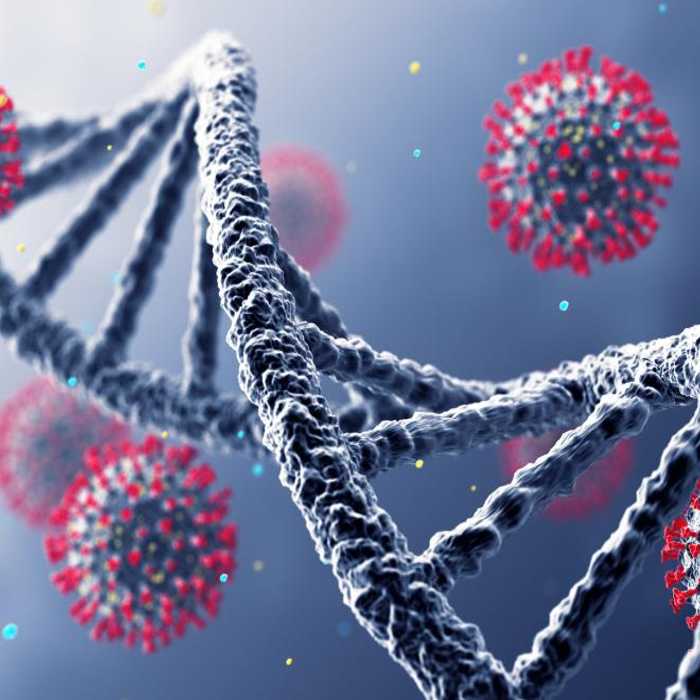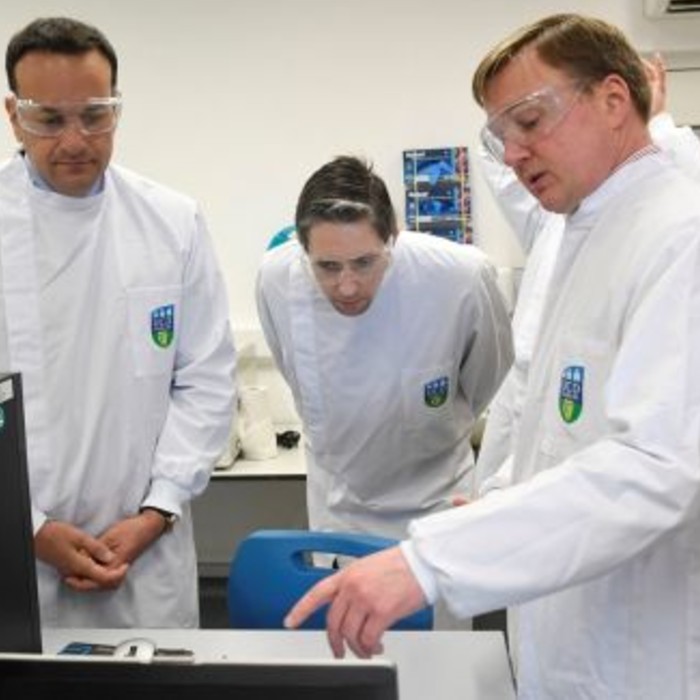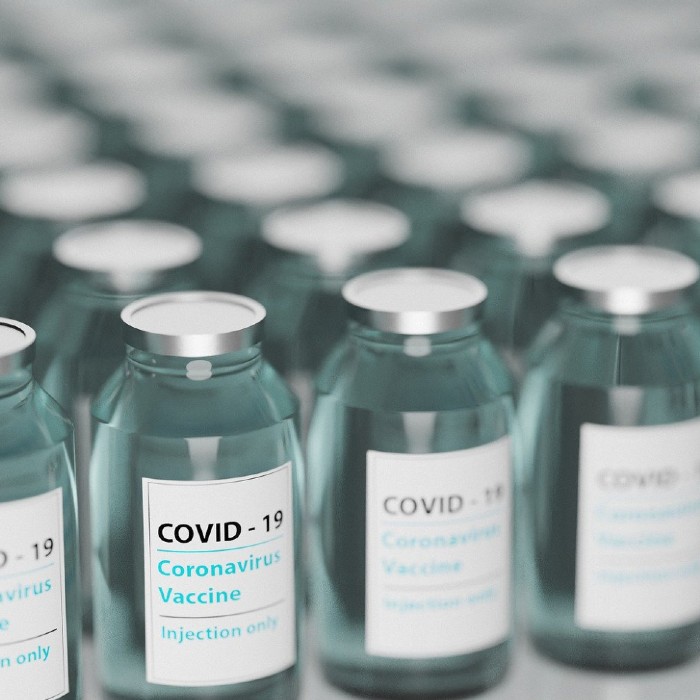What leads to Covid-19 'superspreader' events in the workplace?
Lead Researchers: Dr Carla Perrotta, UCD School of Public Health, Physiotherapy and Sports Science, and
Dr Conor Buggy, UCD School of Public Health, Physiotherapy and Sports Science.
In a Covid-19 ‘superspreader event’, several people are infected by one or two individuals. The consequences are that, in some cases of super spreader events, the virus reproductive number may change. This can accelerates the epidemic curve from low community transmission to high levels of transmission, requiring restriction of movements to contain the epidemic.
But what leads to such events in the workplace? A project at University College Dublin supported by Science Foundation Ireland will examine relationships between workplace policies, contextual factors, worker behaviours and the incidence of superspreader events. The findings will help to identify factors and behaviours that can promote superspreading in the workplace, and plan to avoid them.
What is the issue?
We need to know if outbreaks in workplace settings have contributed to accelerating the epidemic curve in Ireland, and how the workplace setting could contribute to an increase in Covid-19 community transmission through superspreading events.
What will the research project do?
The project will analyse previous outbreaks and tailored workplace policies, and will design a survey to measure adaptations, safety and behavioural fatigue in the workplace.
What will the impact be?
By building our understanding of how Covid-19 superspreader events happen in the workplace, the research will help to inform strategies to anticipate and avoid them, and so limit the spread of the virus while keeping workplaces and the extended community safer
Dr Carla Perrotta said: “We aim to provide tailored and effective recommendations to improve the safety of workplace settings for workers and the broader community.”
Dr Conor Buggy said: "Understanding how our workforce has adapted to Covid in their workplaces is crucial in considering how our workers are coping, if they are experiencing fatigue or other occupational health issues that could impact their well-being."
Focus Group Recruitment
The aim of this part of the research project is to ascertain how have Occupational Safety and Health
(OSH) and Human Resources (HR) professionals managed to adapt their workplaces with the advent of Covid-19 over the last year. When the pandemic hit Ireland at the end of February 2020 many professionals were unaware of the disease and how it would impact operations in their organisation, nor how it would impact society so significantly through lockdowns, new hygiene measures and social distancing restrictions. Many organisations had to rapidly change how they operate, re-evaluate their health and safety risk assessments, procedures and management processes in order to continue as best they could with their day-to-day activities.
It required OSH and HR professionals and facilities managers to be innovative and creative while also continuously having to update and redesign as new information emerged, and restrictions/guidelines changed with great frequency. Keeping their colleagues safe was never more important and OSH and HR professionals found themselves busier than ever and with greater attention being made to their work.
Through a series of focus groups, the project aims to hear the experiences of those professionals, what did they have to do to adapt their workplaces, how did they manage to consider the safety, health and wellbeing of their colleagues, how they were part of changing the way organisations worked to keep operating and what they see as being the major impacts (positive and negative) on their organisation’s workers.
The focus groups will be discussion based small groups (maximum of six participants per two-hour focus group) and all individuals and organisations will be anonymous. There will be an opportunity for further one-on-one interviews if an organisation wishes to demonstrate in more detail what they did and how they think it may benefit OSH practices more readily moving forward.
Findings from the focus groups will generate a reoprt and a new questionnaire which organisations will be able to use to ascertain how their colleagues adapted to the workplace changes and the impact they perceived from the adaptation. Parties interested in participating in these focus groups can contact Dr Conor Buggy, UCD Centre for Safety and Health at Work.
Project Team
Lead Researcher: Dr Carla Perrotta, UCD School of Public Health, Physiotherapy and Sports Science
Co-Applicant: Dr Conor Buggy, UCD School of Public Health, Physiotherapy and Sports Science
Collaborators:
Prof Mary Codd, UCD Prof Anne Drummond, UCD Dr Elizabeth Alvarez, McMaster University Dr Penpatra Sripaiboonkij, UCD Dr Sarah Doyle, HSE Prof Francis Butler, UCD Dr Fintan Costello, UCD


